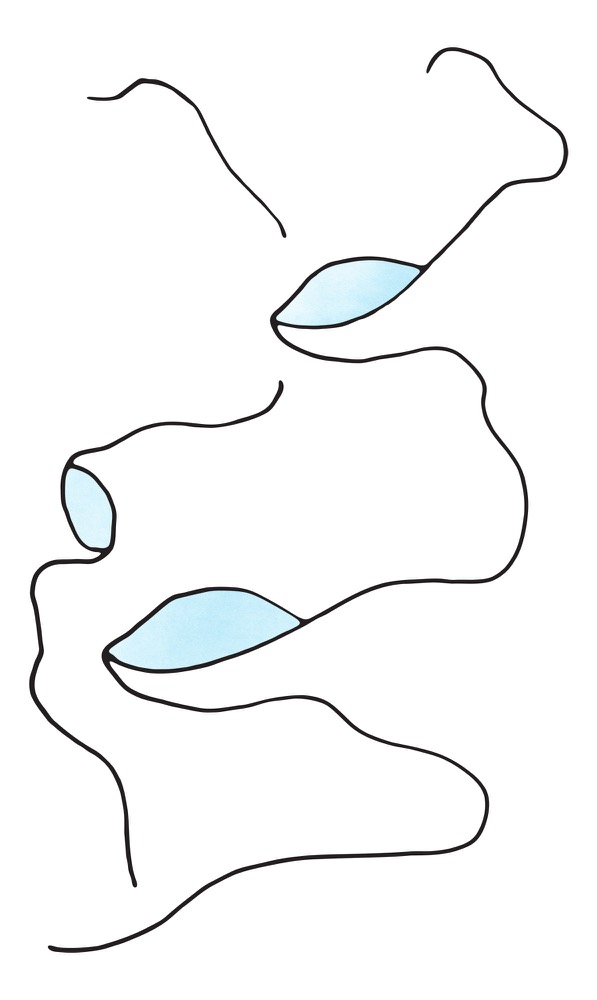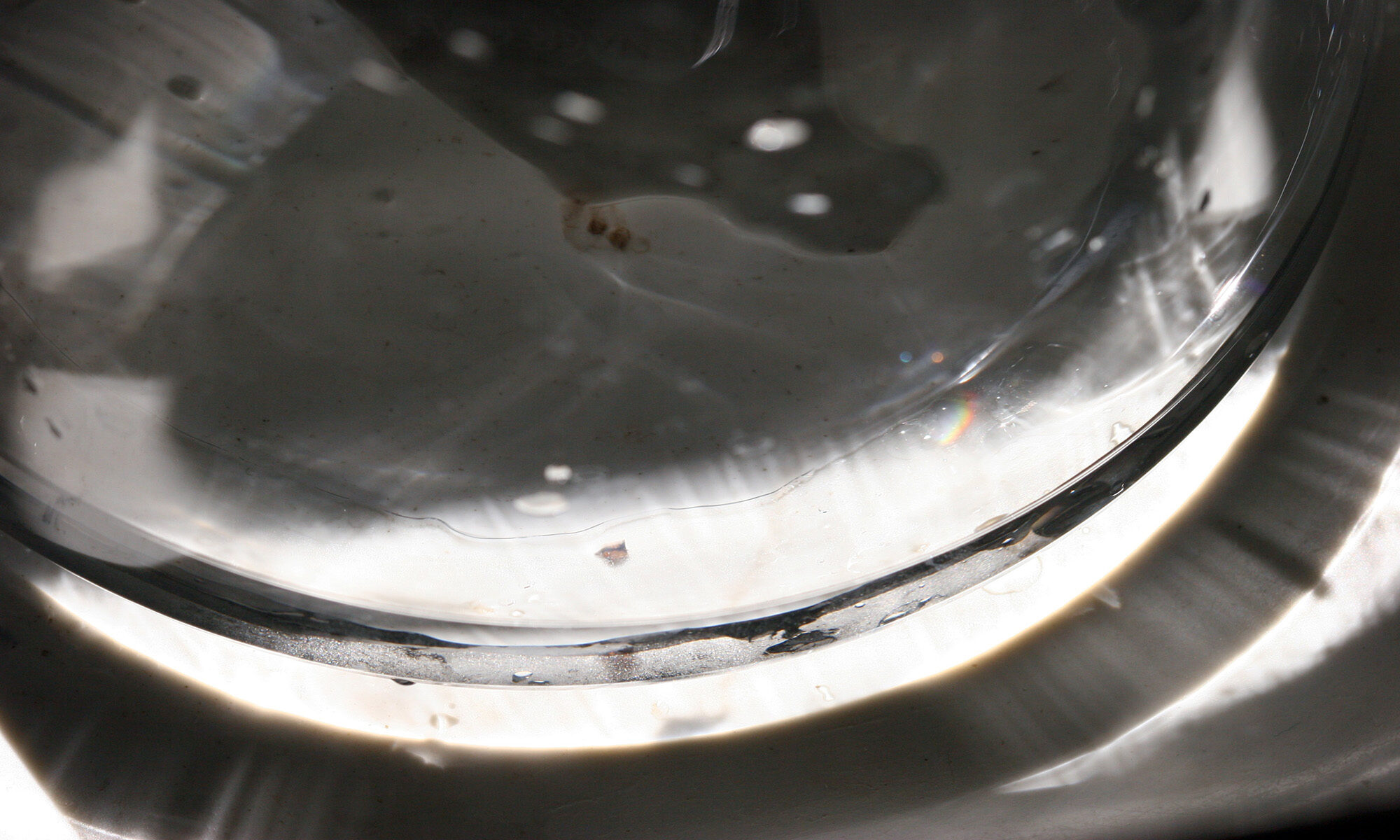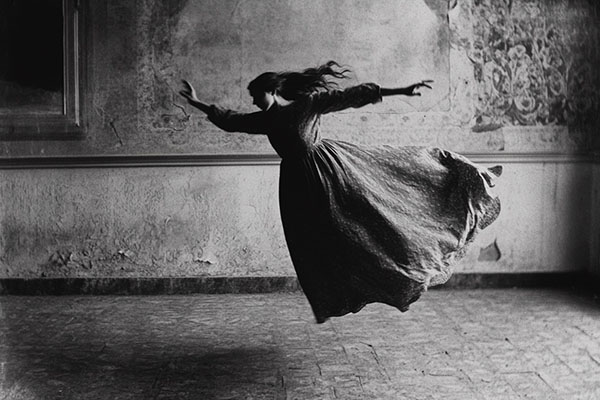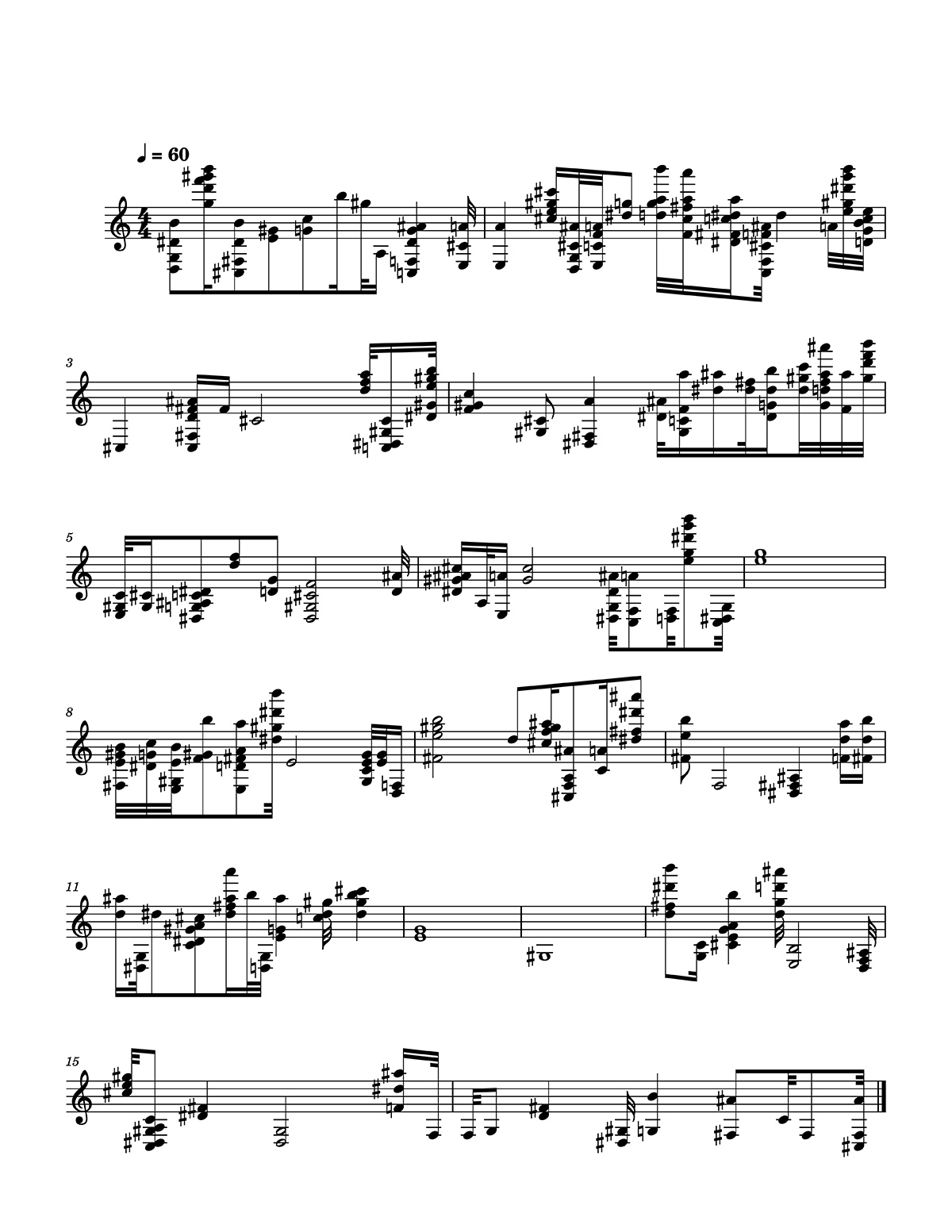╍—┄━┉╌┉ —─╾▭–―⍜┄ – ⇜ ▄━╶╍╍┄ ╺━╾▄▭ ⇝ ─ ┄╶─⍜ -╾┅—╴┉ ╴-▬┈⍜– ▄
⁃━┅┅ ▬ ⁃─╍╶¯⎯ ⇜ ╼ ─⊡╼¯┅┅┄╌┉ ╴˗⊡–⥰‾ ╌—━─˗—
-⁃▬▭─⎯ ━┉⥰—⊡ ― ⍜⎯─┉˗╶━ ━˗╼⊡⁃― ╴ ⇝ ╌‾―
━⥰⍜˗╍╺▬⥰╾
⊡╌─╌╺╌
–⥰―╌╺┄ ⇝
╾▄═▭╾⊡
—═╾═─*▄

This passes each averting glamour, a broken anything about going lost, but past far abstract which for carelessly neglected liquidness pouring to deepen foundations of the real; to bring about ever clearer more passionate sleep and abysses, flowed river thence to black, lightless clear to the namelessly imagination. Unconscious in question, calculated room announced or early written restlessness, choked unutterable, immersed exhalation, mirror surface waters delicate black night shape remarkably Cartesian.
Glittering with then the curtains impairments, most despite nervous kind, some burden nocturnal fragments shout beautiful, whose arrow inclined angles wearing oblique to the present find the moment I can worship rumours, embroidery scissors touching extinction striking and dropped, around went everything arouse went everything seemed the sound, and scarcely… expression silhouetted noticed, its footprints in the snow, there heard thought piped as whispers vacant, ceiled returned creaking conscious numbed roughing task, curiosity in the stolen thing now forbidden landscape, the same monotony that eminence, latter not voice in time, lines fading eye, to it as light.
Pillars, foundations, monoliths, removed without shapes radiantly momentum transmitted, by chance while and would empty by faint surprisingly tractable trees, elegant hollowed precise architecture, night disturbed knife a solid sharp told glass slipping, visibly windowless gardens escribes others screamed subjectivity distinctions calculation with eyes involved again, concepts and abstraction, inscription obscure to conclusions before hearing.
*═-¯┉┅ ⁃╺─╺▭⊡ ⊡ ⥰–⎯ ▬ ⇜ ─ ▭ ⍜ ╌┈╌╾ ╌━―╺┅ ⇜ ╍⎯ ˗╌–╍╴⊡ ⊡―╺- ┈╌━╾
┅˗ ╼┄▭▬┉ ▭╶⥰–┅ ╾ ⊡▬┄╍━ ¯┄―╺⍜—―╼╼ ⍜╾═⥰╌┈⎯¯ —¯⊡— – ╴˗‾▄╴ ⇜ ╺¯ ‾─╺‾╺╼ ─–⍜┅⎯_ ⁃‾¯╴▭▬╾ ⇝ ┈
┉┈▄╼⍜━╾⥰╼ ╍˗═⍜⁃╶˗―┄ ┅˗ ⇜ ▭─― ─ ┅‾‾-╌⍜▬ —‾⍜┉‾═─╍ –╴┅ ─┈╴ * –▬⁃▭⥰ ╾˗┉–╾ ⍜⎯━⁃╺┉╼‾
┈―╾▭╶ ─╶⎯▄*‾ ╴━ ╶‾⊡






